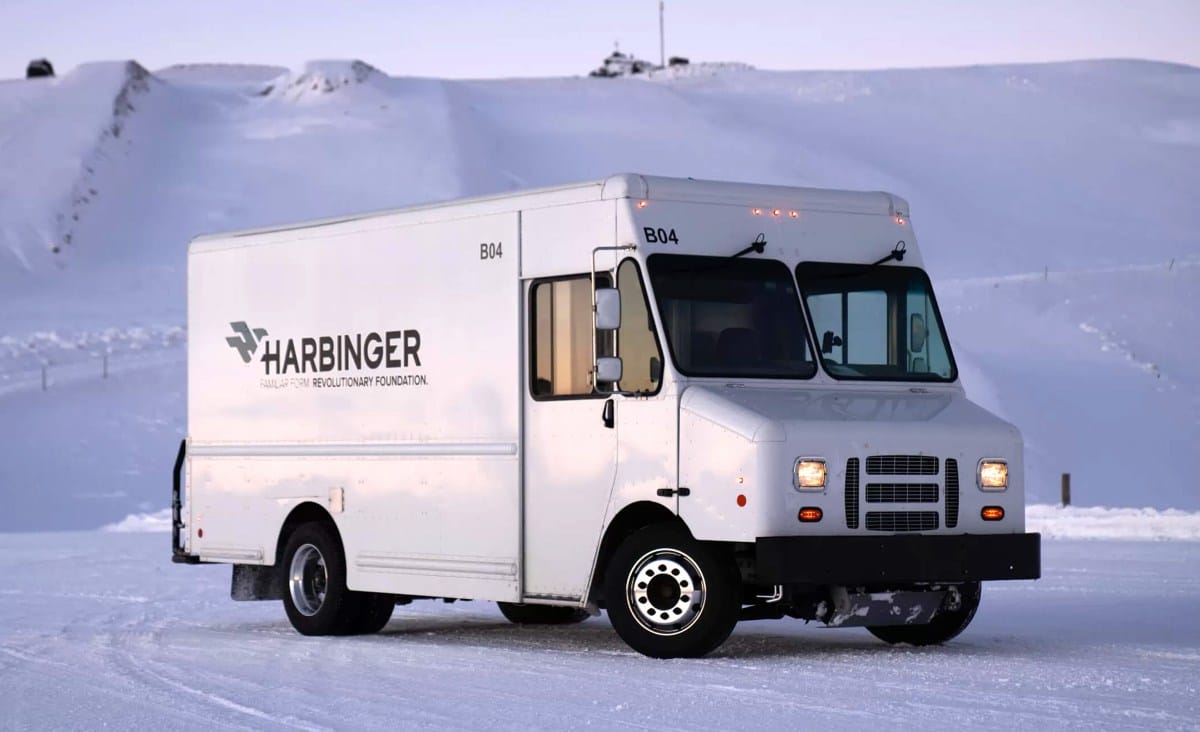Harbinger's Commitment to Simplicity Leads to $100 Million Series B Success

Amidst challenging times for electric vehicle startups, Los Angeles-based Harbinger has secured a significant financial milestone. By maintaining a laser-focused approach on the electrification of commercial trucking, the company has successfully raised $100 million in its Series B funding.
Significant Investors Fuel Growth
The Series B round was co-led by Capricorn Investor Group, an early backer of Tesla, and Leitmotif, a newly formed U.S. fund by Volkswagen's former M&A head. Existing investors like Tiger Global and mobility-focused venture firm Maniv also participated in the round.
"We know how the EV space has gone. We know that it's just littered with bodies from the decade past," stated Harbinger CEO John Harris. "So we really, really try to keep our scope very focused and have very high confidence in what we say we're going to do before we say we're going to do it."
Staying the Course
Founded in 2022 by veterans from Canoo and QuantumScape, Harbinger concentrates solely on developing a modular all-electric chassis designed for medium-duty trucks. This dedicated focus stands in stark contrast to other startups that made broader claims but failed to deliver.
This strategy has paid off. While companies like Arrival attempted to diversify and ultimately failed, Harbinger remained committed to its original vision. This dedication led to the successful completion of its Series B, preparing them for the production phase.
"Harbinger is just this amazing team of very seasoned operators, with kind of a lot of scar tissue and relevant experience from their previous roles," commented Jens Wiese, co-founder of Leitmotif. "They're just laser-focused on this segment and getting the product right."
Innovative Approaches to Manufacturing
Harbinger's focus has allowed it to concentrate on improving the quality of its products. One such innovation involves the battery enclosures. Instead of using traditional methods that could lead to potential issues, Harbinger invested in a specialized 6,500-ton press for die-casting the entire enclosure. This innovation reduced enclosure costs to just one-twentieth of the typical price.
Such investments make Harbinger's chassis more affordable from the outset, without relying on extensive scaling to achieve cost efficiency.
Strategic Sales Approach
Harbinger targets fleet company CFOs, offering an enticing value proposition. Michael Granoff, Maniv's managing partner, highlighted this strategy's potency.
"The segment they're going after, they don't replace their fleets that often, and when they're thinking about it, they're doing it for a number of years—and the math gets so compelling that it's just unavoidable," Granoff said.
Maniv's robust belief in Harbinger's potential is evident, as it has invested more in the startup than any other. Harbinger's Series B represents the only investment round in Maniv's second fund that it didn't lead.
"We've basically delivered compelling unit economics already, and that's why people come in who normally wouldn't be in this space, [investors] like Tiger," Harris noted. "We have industry-leading unit economics, if you ignore Tesla, but I expect us to have better margins than them, probably in another 12 to 18 months."